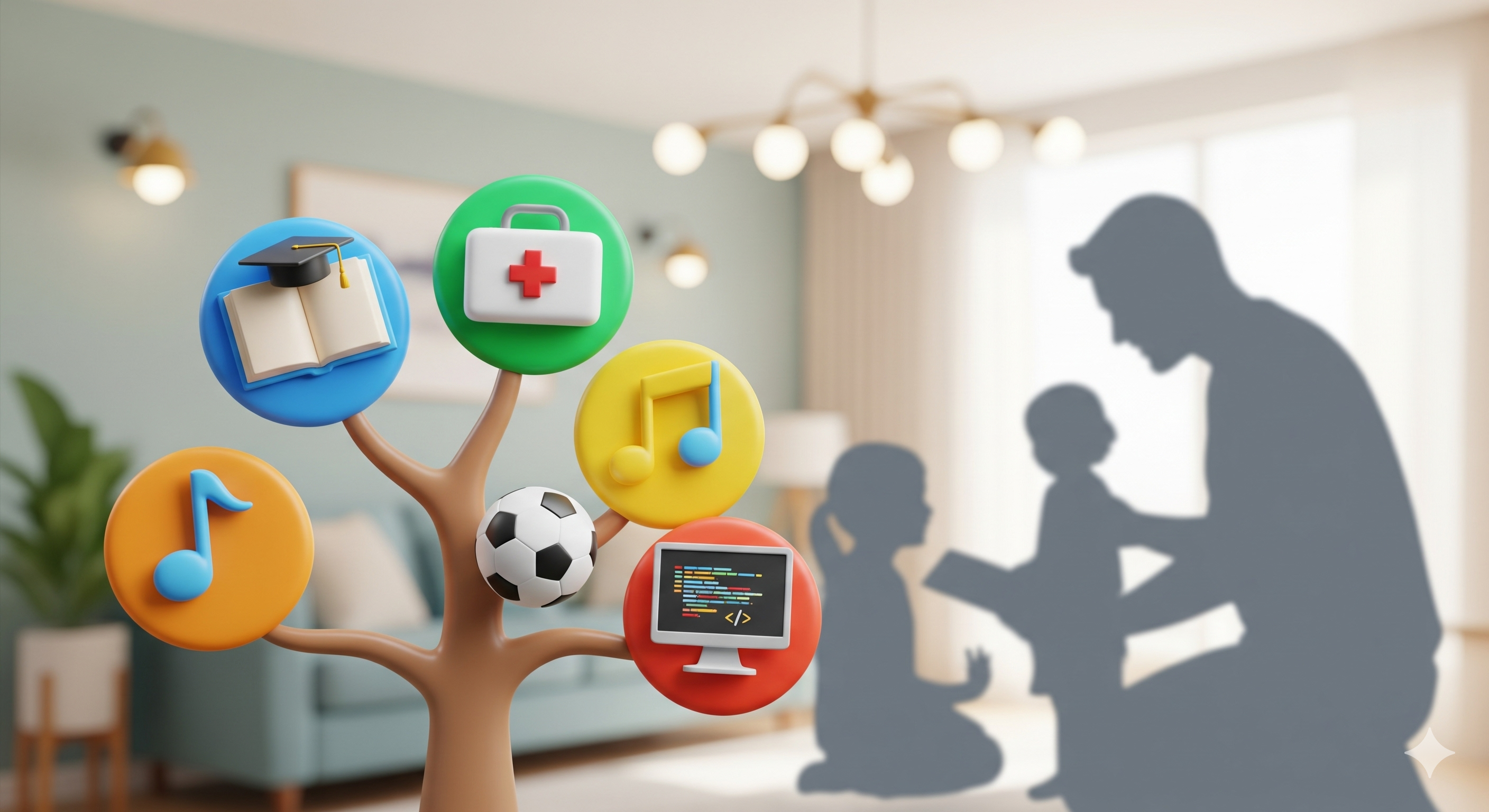The Challenge: A Deeper Look
Introduction
For decades, society painted a picture of fathers as “helpers” — the ones who changed an occasional diaper, tossed the ball in the yard, or offered support when mom needed a break. But here’s the truth: in 2025, this view is not just outdated, it’s incomplete. Fathers are not secondary caregivers. They are vital, irreplaceable architects of their children’s emotional, cognitive, and social foundations.
The evolving role of dads is reshaping families, easing maternal stress, and empowering children to grow with resilience and confidence. For new moms, pregnant women, and new dads stepping into parenthood, understanding the unique impact of fathers is not just inspiring — it’s essential.
Beyond the Helper Stereotype
Gone are the days when dads were expected to “babysit” their own children. Today’s families increasingly recognize that parenting is a partnership, not a hierarchy. Modern research and shifting cultural expectations show that fathers are just as responsible, capable, and necessary in caregiving as mothers.
In fact, a growing number of families thrive when fathers are fully involved from the start. This shift doesn’t just support equality in parenting roles; it enriches the entire household. When both parents share the joys and challenges of raising a child, the family becomes more balanced, resilient, and connected.
Your Path Forward: Practical Solutions
The Paternal Impact on Development
So what exactly makes a father’s role unique? Research highlights that dads often engage children in play that is physically stimulating, unpredictable, and slightly challenging. This type of interaction encourages:
- Risk-taking and independence — Children learn to explore within safe boundaries, building courage and problem-solving skills.
- Emotional regulation — When fathers model calmness during playful rough-and-tumble games, children learn how to manage excitement and frustration.
- Cognitive growth — Fatherly interactions, like questioning during play or storytelling, spark curiosity and expand vocabulary.
A 2022 study published in Infant Mental Health Journal found that infants with engaged fathers displayed stronger stress regulation and higher social competence by age two. Similarly, the American Academy of Pediatrics has noted that father involvement predicts better academic performance and emotional resilience throughout childhood.
Simply put: when dads show up, kids thrive.
Shifting Family Dynamics and Well-being
Fathers don’t just impact children — they shape the entire family ecosystem. Engaged dads help ease the emotional and logistical load often carried by mothers. This shared responsibility directly reduces maternal stress and fosters a more harmonious household.
Consider a real-world example: Sarah and Ahmed, new parents balancing work and a newborn, found their rhythm when Ahmed took charge of bath time and bedtime routines. Not only did their baby bond deeply with both parents, but Sarah also experienced less burnout and more space for self-care. Their teamwork created a household where parenting felt sustainable rather than overwhelming.
When dads step fully into their roles, family satisfaction rises. Children feel secure, mothers feel supported, and fathers gain confidence in their parenting abilities.
The Reward: Embracing the Benefits
Practical Pathways to Paternal Engagement
For many new dads, the question isn’t why they should be involved — it’s how. Here are some practical, evidence-based ways fathers can bond and engage with their little ones from the start:
With Infants
- Skin-to-skin contact: Holding your newborn against your chest fosters connection, calms the baby, and strengthens emotional bonds.
- Responsive feeding: Whether bottle-feeding or supporting breastfeeding, dads can watch for hunger cues and participate in feeding routines.
- Daily caregiving: Diaper changes, soothing, and bath time are not chores — they’re opportunities to connect.
With Toddlers
- Play as learning: Rough-and-tumble play, building blocks, and outdoor adventures stimulate problem-solving and independence.
- Reading together: Fathers who read aloud boost language development and model lifelong learning.
- Shared routines: Bedtime stories, morning breakfasts, or school drop-offs build consistency and trust.
As Co-Parents
- Open communication: Regularly check in with your partner about parenting challenges and wins.
- Teamwork in care: Share tasks like scheduling doctor visits or preparing meals, ensuring no parent feels overloaded.
- Celebrating roles: Acknowledge and appreciate each other’s contributions, reinforcing respect and unity.
Building a Legacy of Involved Fatherhood
The impact of an involved father doesn’t end in early childhood — it echoes across a child’s lifetime. Children who grow up with active dads are more likely to have healthy relationships, stronger self-esteem, and greater resilience. Fathers, too, benefit from deeper emotional bonds and a sense of legacy that extends beyond their careers or accomplishments.
The message is clear: fatherhood is not about stepping in when needed — it’s about standing shoulder-to-shoulder with mothers as equal partners in raising the next generation.
Conclusion
So, to every new dad, new mom, and soon-to-be parent reading this: let’s rewrite the story. Let’s champion fathers not as helpers, but as essential, loving, and confident caregivers. And let’s celebrate families where both parents are empowered to give their best.
Because when dads are fully present, children don’t just grow — they flourish.
